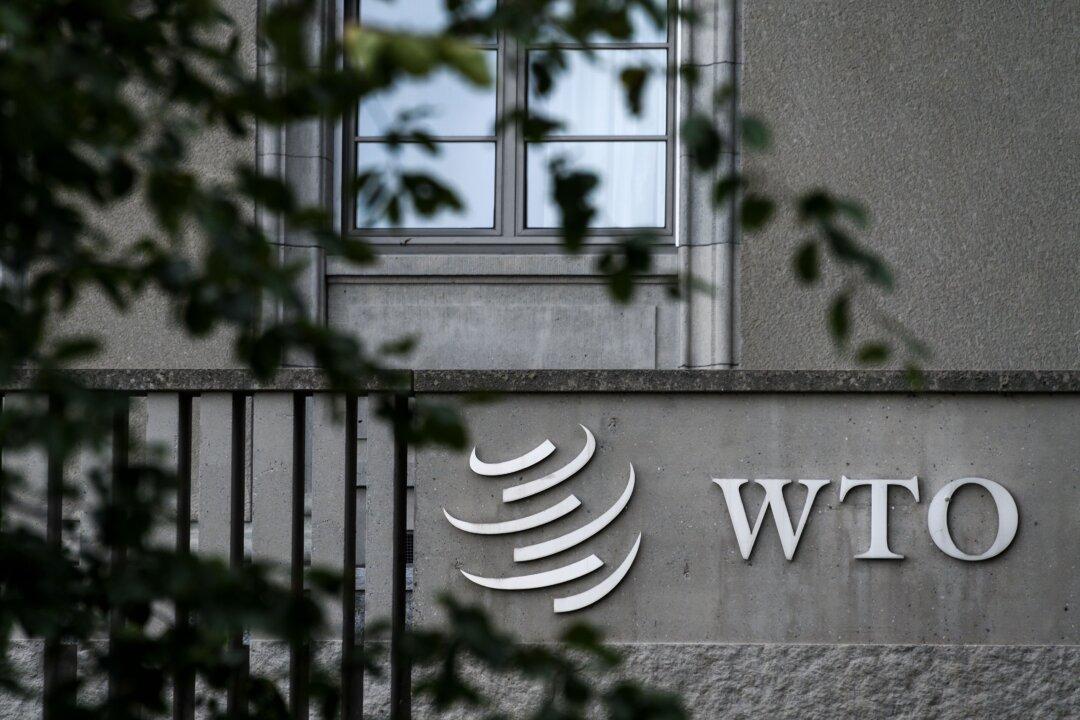News Analysis
Congressional Republicans are right to question the efficacy of the COMPETES Act to confront the Chinese Communist Party (CCP).

Congressional Republicans are right to question the efficacy of the COMPETES Act to confront the Chinese Communist Party (CCP).